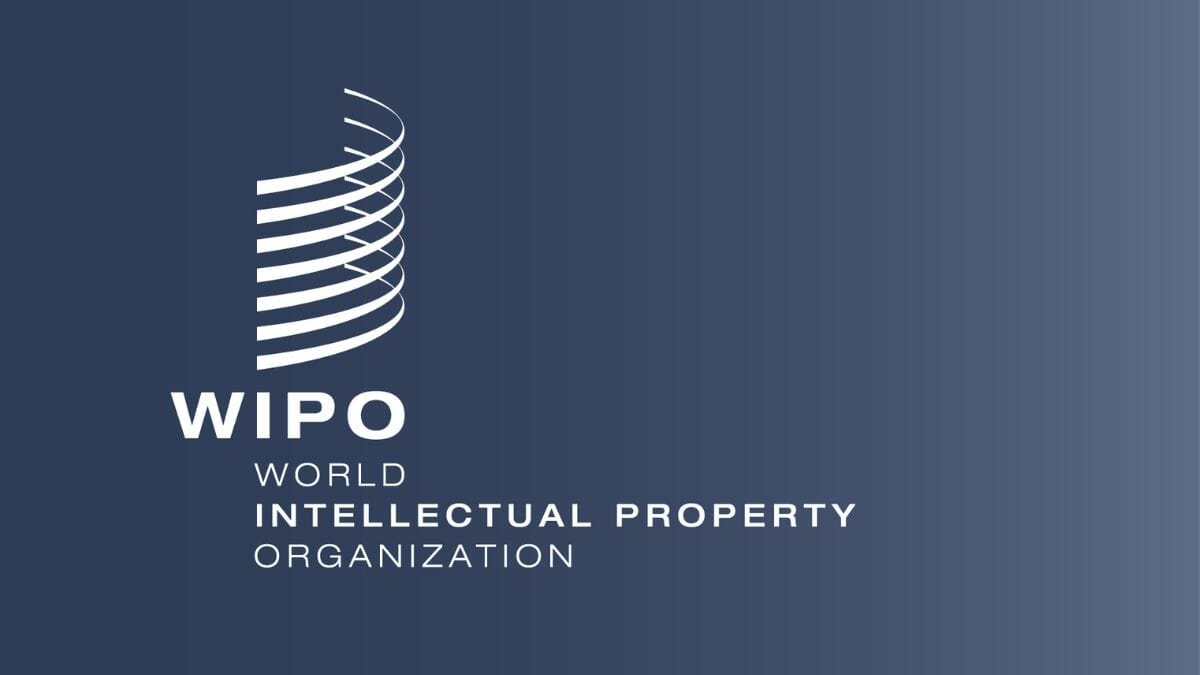
World Intellectual Property Day is celebrated on April 26 every year globally. This day is celebrated to let people know how intellectual property (IP) promotes innovation and creativity. It was established by the World Intellectual Property Office (WIPO).
The World Intellectual Property Organization (WIPO) is one of the specialized agencies of the United Nations established “to encourage creative activities and promote the protection of intellectual property worldwide”.
Happy World Intellectual Property Day!✨
Today we celebrate the ingenuity, curiosity and creativity of women around the world who are innovating for a better future: https://t.co/mHLSlTaZW5
Let’s spread the word and say thank you to female inventors, creators, and entrepreneurs🙌#WorldIPDay pic.twitter.com/it7fERDLym
— World Intellectual Property Organization (WIPO) (@WIPO)
April 25, 2023
Female inventors, innovators and entrepreneurs are making a difference 👩💡✨
Meet the changemakers shaping a better future or nominate one here: https://t.co/qvHCyXIz4D#WorldIPDay
— World Intellectual Property Organization (WIPO) (@WIPO)
April 25, 2023
The birth of the World Intellectual Property Organization (WIPO)
The origins of WIPO date back to 1883 in the Paris Convention for the Protection of Industrial Property, when 14 countries signed the Convention for the Protection of Industrial Property, thus from that convention, the protection of industrial property. intellectual property rights to inventions, trademarks and industrial designs have been created.
WIPO was officially established under the Convention Establishing the World Intellectual Property Organization, which entered into force on April 26, 1970. Under this Convention, WIPO seeks to “promote the protection of intellectual property worldwide.” Around the world”. It became a specialized agency of the United Nations in 1974.
Purpose of the World Intellectual Property Organization (WIPO)
• Promote the global protection of intellectual property through cooperation among nations and cooperation with any other international organization. • Ensure administrative cooperation between unions.
The governing body of the World Intellectual Property Organization (WIPO)
It has four organs which are discussed below:
• General Assembly: Comprised of all states party to the WIPO Convention and also members of any union. It meets every two years and has the highest authority of all the bodies.
• Conference: It includes all states party to the WIPO Convention, whether or not they are members of one or more alliances. The Council meets every two years to discuss issues of general interest in the field of intellectual property, as well as to establish WIPO’s technical legal assistance program and its budget.
• Coordination Committee: Composed of States Parties to this Convention that are members of the Executive Board of the Paris Union, or the Executive Board of the Berne Union, or both. However, if either of these Executive Committees consists of more than one-quarter of the States members of the Council which elected it, that Executive Committee shall appoint from among its members the States Participants will be members of the Coordination Committee. , in such a way that their number does not exceed the one-fourth mentioned above, it is understood that the country in whose territory the Organization is headquartered shall not be included in the calculation of the said one-fourth .
Contribution of the World Intellectual Property Organization (WIPO)
WIPO has played an important role in helping countries establish effective intellectual property regimes in all three areas of patents, copyrights and trademarks. As countries make the transition from state-run to market-oriented economies, they recognize the need for well-functioning intellectual property infrastructure. Therefore, these countries see benefits when joining the World Trade Organization; they seek WIPO’s assistance in bringing their intellectual property regimes up to required standards.
PATENTS: WIPO’s most recent efforts in the area of patents have focused on the Agreement on Trade-Related Aspects of Intellectual Property Rights (TRIP), negotiated in the Uruguay Round of General Agreements on Tariffs and Trade (GATT). Although that agreement was negotiated outside the framework of WIPO, the officials involved from the beginning expected that WIPO, with its institutional strength and special expertise, would play an important role in implementing the agreement. This. And indeed that has come true. Through a specific memorandum of understanding between WIPO and the World Trade Organization (the predecessor to GATT), WIPO is carrying out a series of activities in support of the agreements reached under TRIPs.
COPYRIGHT: WIPO administers a number of major treaties relating to the international protection of trademarks, including the Paris Convention, already mentioned, which guarantees national treatment in the registration of trademarks, as well as protection Protect famous brands from copyright infringement worldwide.
WIPO oversees 26 international treaties that address a wide range of intellectual property issues, from establishing international patent classifications to protecting audiovisual works. The General Assembly and the Coordination Committee, jointly develop policy and act as the main decision-making body, responsible for its management. The Director General of WIPO, currently Daren Tang of Singapore, took office on 1 October 2020, also selected by the General Assembly. WIPO is governed by a Secretariat, which assists in managing WIPO’s day-to-day operations.
The 190 United Nations member states, the Cook Islands, the Holy See and Niue are among WIPO’s 193 current members, while Palestine has permanent observer status. The Federated States of Micronesia, Palau and South Sudan are the only non-members among the countries recognized by the United Nations.
WIPO’s activities include organizing forums where international IP rules and policies are discussed and shaped, providing services globally for IP registration and protection in various countries, resolve cross-border IP disputes, support interconnection of IP systems through unified standards and infrastructure, and act as a common reference database on all issues intellectual property, including providing reports and statistics on the status of intellectual property protection or innovation globally and from time to time. WIPO partners with individuals, NGOs, and governments to use intellectual property for socio-economic development purposes.
Categories: Optical Illusion
Source: pagasa.edu.vn